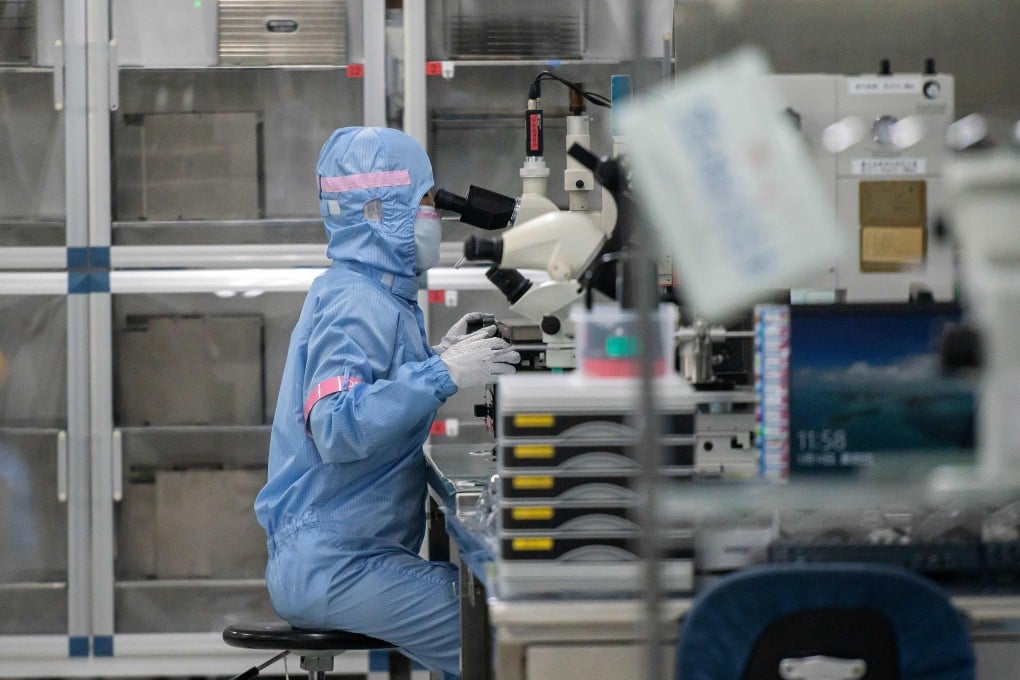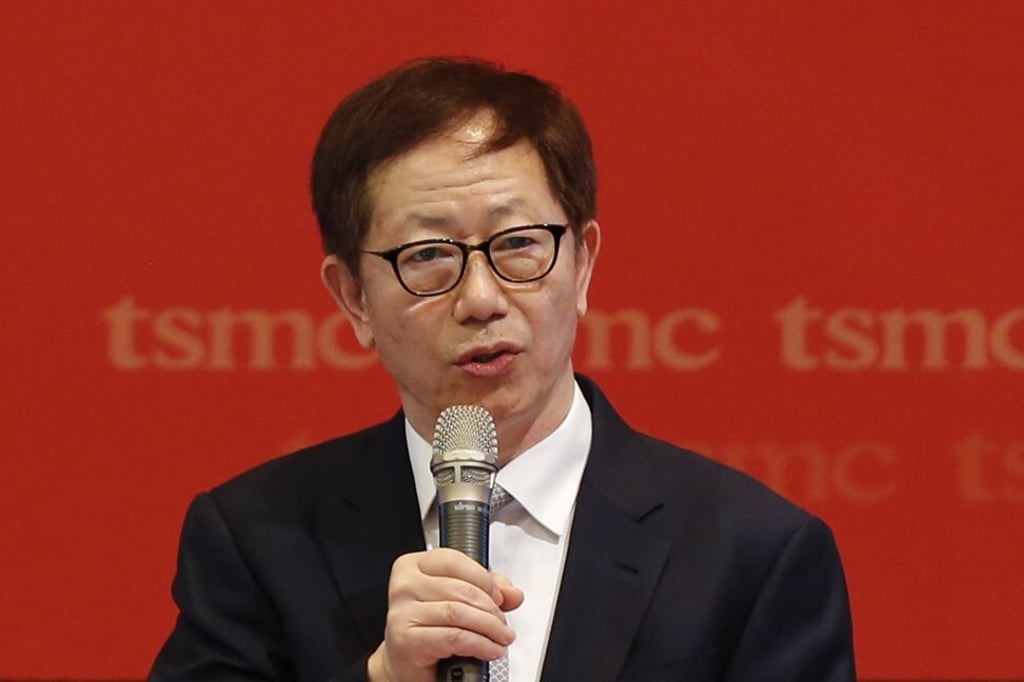Advertisement
Asia’s electronics sector booms, bucking global economic slump
- The electronics industry is holding up relatively well, as companies adopt new technologies such as 5G and automation tools
- Some of the boom is specific to the health crisis, amid a global scramble for medical equipment and demand for videoconferencing and other remote working technologies
Reading Time:3 minutes
Why you can trust SCMP

Global trade data in the Covid-19 era has been generally abysmal, but look a little closer and the electronics sector that fires Asia’s trade engines could be headed for a pretty good year.
In South Korea, semiconductor exports rose in May and imports of equipment used in producing semiconductors surged 168 per cent, trade ministry data show. Taiwan’s electronics component exports, which include chips, grew 13.2 per cent in May to US$10.2 billion, even as total exports fell 2 per cent from a year earlier.
The electronics industry is holding up relatively well amid the coronavirus pandemic, as companies adopt new technologies – including 5G equipment and automation tools – that make it easier for employees to work remotely. A sustainable boost will depend on whether consumers return with similar vigour, and whether other factors such as US-China tensions do not interfere with digital demand and supply.
Advertisement
“The tech industry seems to have decoupled from the overall economy somewhat, as the tech industry is still growing well” and has been “relatively immune to Covid-19”, Mark Liu, chairman of Taiwan Semiconductor Manufacturing Co (TSMC), said at a shareholder meeting on June 9.

Advertisement
TSMC, the main chip maker for Apple and Huawei Technologies, still plans to spend as much as US$16 billion on capacity upgrades and technology this year, and expects revenue gains in the mid- to high-teens, Liu said. Covid-19 has helped drive some budding technologies related to remote work and education and social distancing, he added.
Advertisement
Select Voice
Choose your listening speed
Get through articles 2x faster
1.25x
250 WPM
Slow
Average
Fast
1.25x